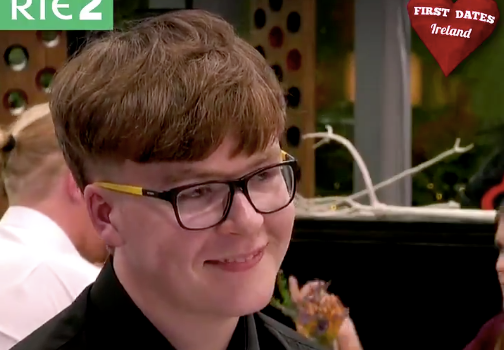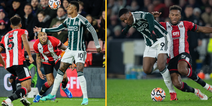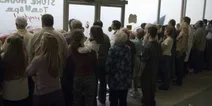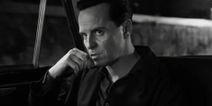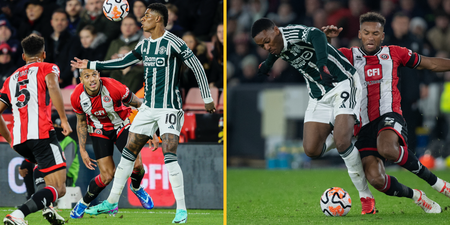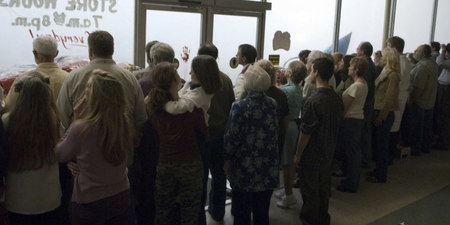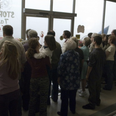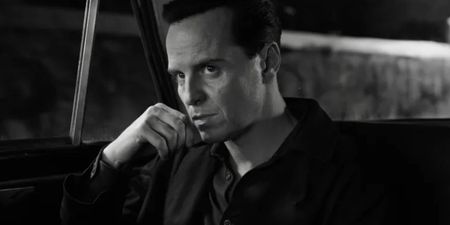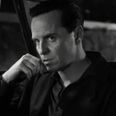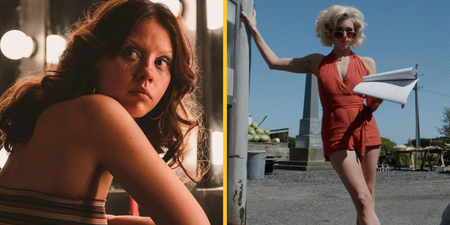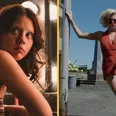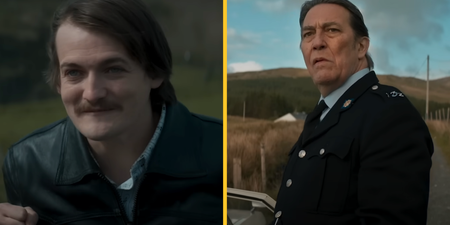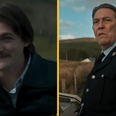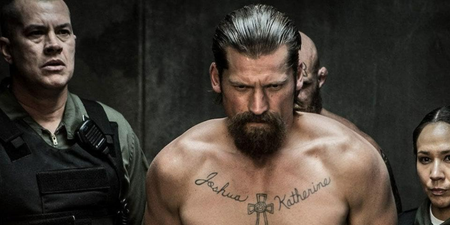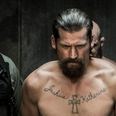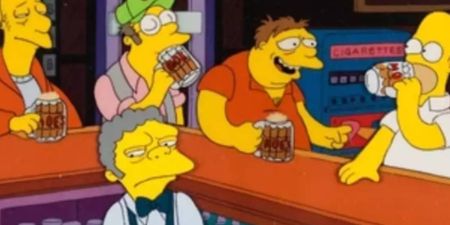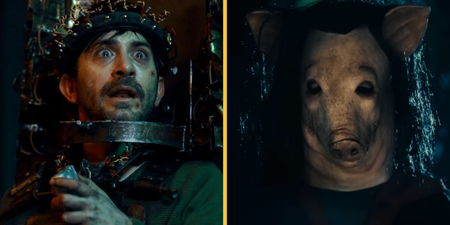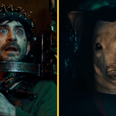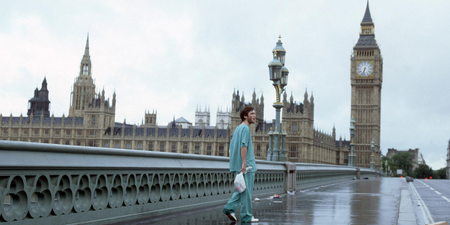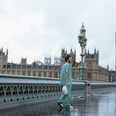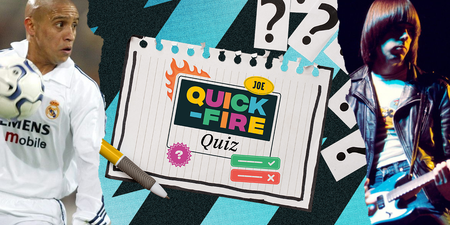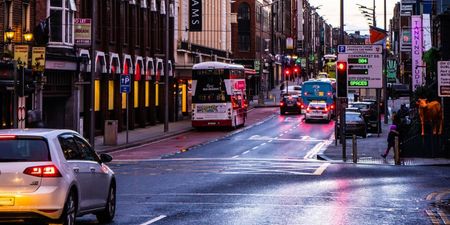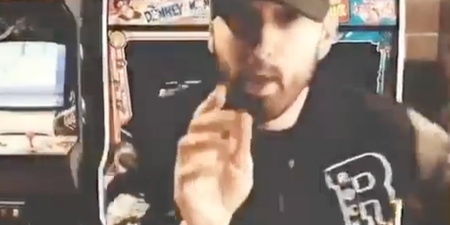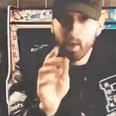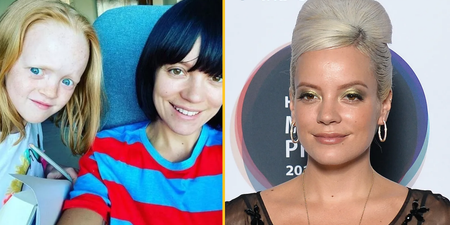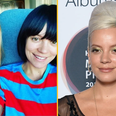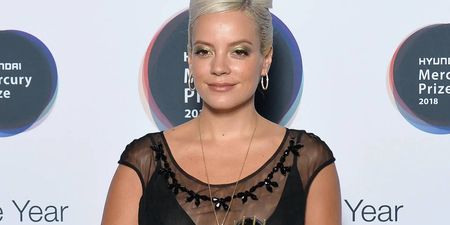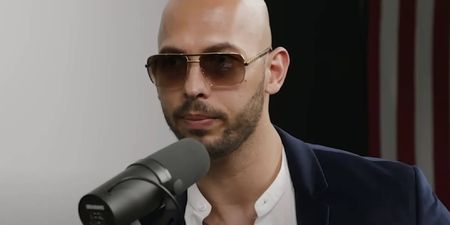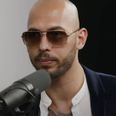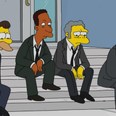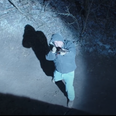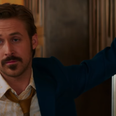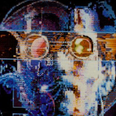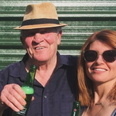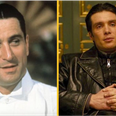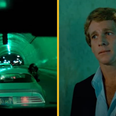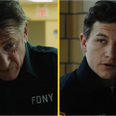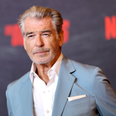Did you see First Dates last night?
It is the highest compliment and most damning indictment all at once that First Dates Ireland treats sensitive subjects with much more care than any of RTÉ’s current affairs or discussion programmes.
Earlier this week, RTÉ’s flagship current affairs programme Prime Time came under fire for its discussion on trans rights. Derry Girls actress Nicola Coughlan popularised the hashtag #TurnOffPrimeTime and a petition taking issue with TV writer Graham Linehan’s contribution to the show accumulated thousands of signatures.
https://twitter.com/nicolacoughlan/status/1087680883518332928
Last year, an episode of Claire Byrne Live was the most complained about broadcast on Irish screens thanks to its handling of a debate on the Eighth Amendment.
But throughout its short history on our screens, First Dates hasn’t put a foot wrong.
Regular people without media training embarking on blind dates in front of hidden cameras should make for cringetastic, car crash television — and sometimes it does. But more often than not, First Dates is a charming, awkward, funny showcase of the wit, the spirit and and kindness that makes Irish people — and people in general — special.
The real strength of First Dates lies in philosophy of prioritising the humanity of its guests.
Front and centre, First Dates has featured daters with autism, multiple same-sex daters, pansexual daters, deaf daters, a dater who grew up in an industrial school (after her mother was put in a Magdalene Laundry), transgender daters. There is the sense that this show is genuinely eager to put forward Ireland’s diversity in a way that doesn’t turn it into an argument.
It is a show that allows its participants to speak for themselves, rather than demand that they explain themselves.
Nobody is hounded by antagonistic presenters, nobody is being told to justify the way they live or what they believe; people are simply shown in nervous conversation, trying to impress, doing their best.
Aifric Ni Chríodáin, the director of ShoutOut — an organisation that visits secondary schools in Ireland with the aim of improving life for LGBT+ people in Ireland — has given great credit to the show. She’s said that the organisation points to the show as an example of broadcasting that can offer a better understanding of the community.
“In the context of older LGBTQIA+ people and LGBTQIA+ people with disabilities (in this case a deaf dater) being featured in a non-exploitative way and given space to tell their own story,” she says. “We think that is the most important and empathetic way to showcase and humanise LGBTQIA+ people.”
“Current affairs shows and other reality shows can box people in because they’re trying to distill a message for communication.”
If First Dates followed the editorial decision-making of those behind RTÉ’s current affairs programming, we’d be treated to candlelit conversations between a Trinity student in a MAGA hat and a 40-year-old white man who (I write this with a deep sense of dread that I am giving RTÉ ideas) hosts a shock-jock phone-in radio show.
On the flip side, if RTÉ’s discussion programmes were put together with the same goal as First Dates, we’d constantly be hearing about issues discussed by the people they actually affect — rather than city councillors from Renua, failed election candidates and members of far-right Christian lobbying groups.
Thursday night’s episode featured a first date between two young men — one of whom expressed in heart-wrenching terms the difficulties he’s experienced as a young, gay man in Ireland. If he told the same story on The Tonight Show, there’d be someone there to shout him down.
“It’s not possible to say all the time… ‘I’m proud to be gay.’”#FirstDatesIRL pic.twitter.com/Gt2hgaAZFH
— RTÉ2 (@RTE2) January 22, 2019
But his is the real Ireland. Where rural communities — or any community — can still be a tough place for gay people to grow up. In 2015, we passed marriage equality by a ratio of 2:1. But we didn’t wave a magic wand that meant every young person struggling with their identity would no longer go through life without being treated differently.
It is the kind of insight that is invaluable, and not the kind that we are offered by shows whose very purpose is to help us make better sense of the state of our country.
First Dates takes this country and its people as it is and as they are.
First Dates does the job of exposing us to real people without the uncomfortable interjections of a host, slaving away to their interpretation of the BAI balance guidelines, making sure that for every person who’s proud to be gay, there’s another voice telling them why they shouldn’t be.
This weird inversion is not exclusive to First Dates. Other programmes like Room To Improve also give us a better sense of the people we share this island with. Where they come from, where they’re going, what they want and what they hope for themselves and their families.
Nobody is suggesting that we hire a handsome maître d’ to welcome guests into the studio for The Cutting Edge with Brendan O’Connor. But what RTÉ must consider is employing the tenderness, humanity and consideration that goes into any episode of First Dates.
When politicians and public figures bluster about Ireland’s homeless, Ireland’s trans community, Ireland’s immigrants, Ireland’s disenfranchised, young, beautiful people — these are the real human beings whose lives are at stake.
But you won’t see them on any current affairs programme. You’ll see them on First Dates.
LISTEN: You Must Be Jokin’ with Aideen McQueen – Faith healers, Coolock craic and Gigging as Gaeilge
